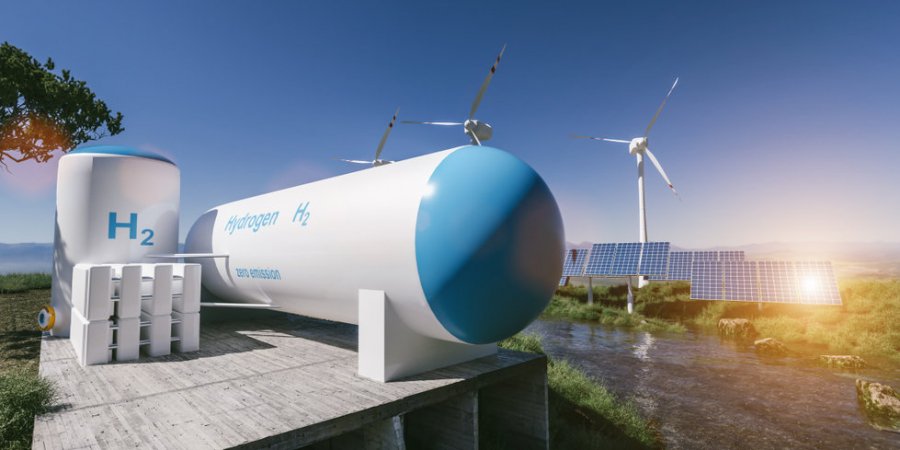
ND MEP Manolis Kefalogiannis described “green hydrogen” as “ecological gas” for Europe ‘s energy dependence on natural gas, speaking at an online event on “Western Macedonia – European Hydrogen Node – Energy Crisis” Western Macedonia.
As Mr. Kefalogiannis stated, “the ‘Green Agreement’ was voted on by almost all the wings of the European Parliament” and includes 150 billion euros for the fair transition of Europe to a carbon-free economy.
He stressed that “due to the war in Ukraine, the energy map is changing”, emphasizing that “we must be careful in our next moves”, while expressing his satisfaction for Greece’s plan to develop hydrogen, saying that “we are on the right track and I am a strong supporter and supporter of the initiative of the Greek government “.
For his part, George Hatzimarkakis, CEO of Hydrogogen Europe and former German MEP, said that “Putin’s invasion of Ukraine is accelerating developments” in terms of hydrogen, noting that with the approval of member states, the EU Immediately implements a plan recently presented in Paris, which envisages “accelerating the evaluations of the major European projects on the IPCEI list, including the White Dragon of western Macedonia, with a total budget of 8 billion euros, to be completed by next June “. The Commission also calls on the European Parliament to proceed immediately with the completion of an institutional framework for the purchase of hydrogen and its enactment so that we can soon have in our hands the first rules for the purchase, distribution, supply, marketing and use of hydrogen, by households and businesses “.
“The wager we have ahead of us”, continued Mr. Hatzimarkakis, is large because “by 2030 we will have to produce 20 million m3 of hydrogen through our infrastructure, which means that we need a little over 300GW of energy for the electrolytes”.
The Governor of Western Macedonia, George Kasapidis, recalled the emblematic works of the Region included in the “White Dragon” project, which are: the production of hydrogen from the sewage sludge of the biological treatment plants of western Macedonia that is currently buried, the “Green building”, with the creation of the first hydrogen factory for its energy needs as well as the energy autonomy with hydrogen of a modern cheese dairy in the area, which is intended to be transformed into a cheese school.
Mr. Kasapidis noted that “some of the above actions could start immediately, but we have a lack in the institutional framework around the use of hydrogen.” He added that “we, for our part, contribute to the creation of the institutional framework, evaluating international practices and the institutional experience of other countries that have gone further than us.”
Melissa Verykios, Deputy Chief Executive Officer of Hebio-Hydrogen, stressed that “foreign energy companies have turned their radars to Greece, targeting energy developments wanting to invest in the country” and added that “there should be a broad political consensus on the project. and support for the value chain that its use brings “.
For his part, the director of the Institute of Nuclear and Radiological Sciences of NCSR “Demokritos” Athanasios Stoumpos noted that hydrogen is “the biggest challenge to meet the energy needs of the country and that we have no choice but to respond positively, contributing with our work in accelerating developments “.
Latest News

European Central Bank Cuts Interest Rates by 25 Basis Points
It is the fourth cut of interest rates by Europe’s central bank, a move expected by the markets and financial analysts leading to the rate settling at 3%.

Airbnb: New Measures Add €600 in Extra Costs for Property Owners
Property managers face an immediate administrative fine of 5,000 euros if access to the inspected property is denied or any of the specified requirements are not met.

Economist: Greece Included in the Best Performing Economies in 2024
Meanwhile, Northern European countries disappoint, with sluggish performances from the United Kingdom and Germany.

EasyJet Expands Its Routes from Athens
The airline’s two new routes will be to London Luton and Alicante and they will commence in summer 2025.

Capital Link Forum Highlights Greece’s Economic Resurgence; Honors BoG Gov Stournaras
Capital Link Hellenic Leadership Award recipient, Bank of Greece Gov. Yannis Stournaras, an ex-FinMin, was lauded for his pivotal role during Greece’s economic recovery

Tourist Spending in Greece Up by 14%, Visa Card Analysis Shows
Greece’s capital Athens emerged as the most popular destination, recording a 17% increase in transactions with Visa cards, surpassing even the cosmopolitan island of Mykonos.

Inflation in Greece Unchanged at 2.4% in Nov. 2024
The general consumer price index (CPI) posted a 0.4% decrease in November compared to the previous month

2024 Christmas Holidays: Extended Shop Hours Schedule
The 2024 Christmas Holidays extended shop hours schedule commences on Thursday, December 12 and runs until the end of the year.

ELSTAT: Seasonally Adjusted Unemployment Down in October
The number of employed individuals reached 4,284,694, an increase of 67,723 compared to October 2023 (+1.6%) and 22,002 compared to September 2024 (+0.5%).

Greek PM’s Chief Economic Adviser Resigns
In the post on his Facebook page, Patelis did not disclose the reasons that led him to step down.














![Fraport: Πάνω από 35 εκατ. επιβάτες στα αεροδρόμια το 11μηνο – Πτώση στη Μύκονο [πίνακας]](https://www.ot.gr/wp-content/uploads/2022/06/fraport-90x90.jpg)











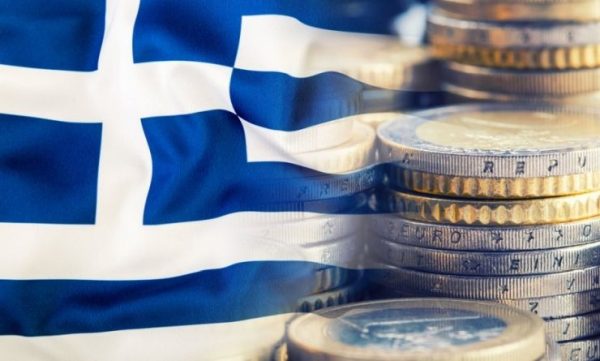

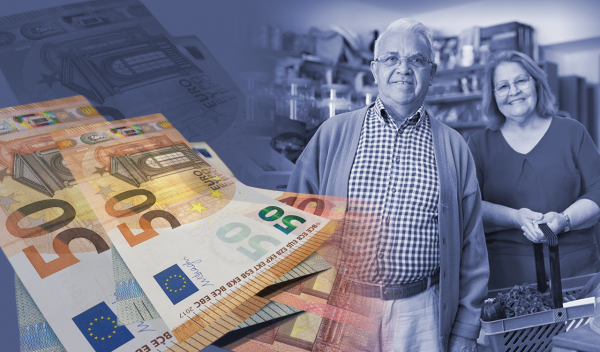
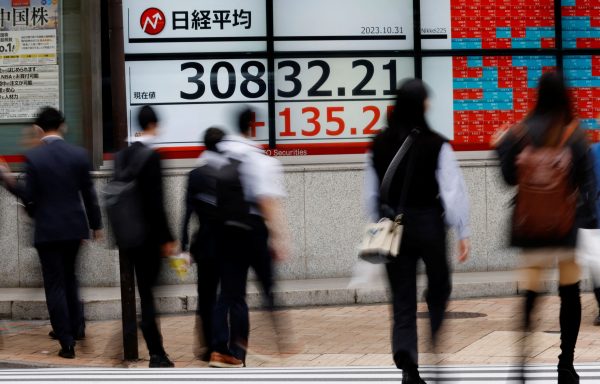

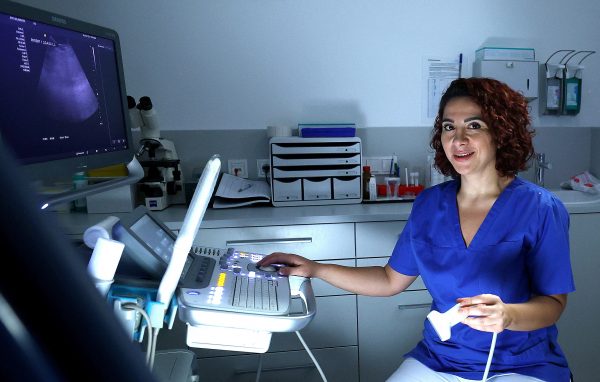
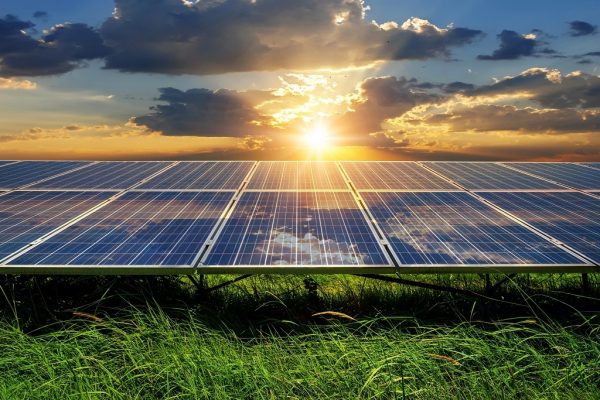
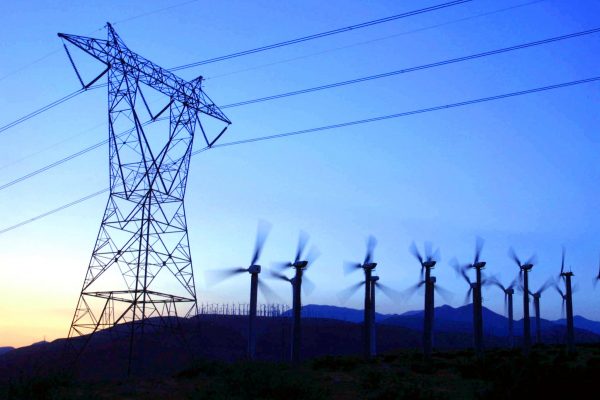





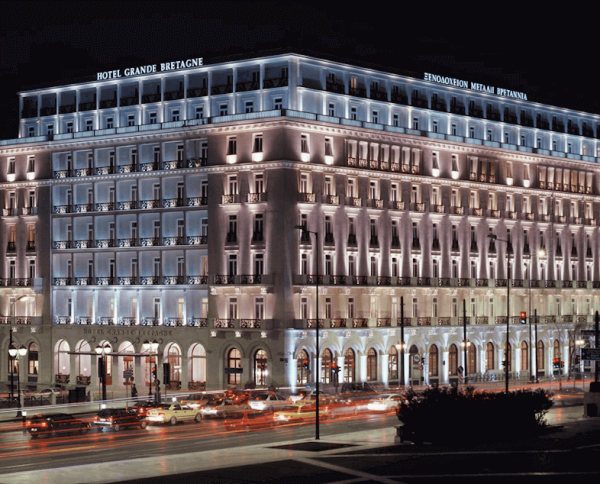


 Αριθμός Πιστοποίησης Μ.Η.Τ.232433
Αριθμός Πιστοποίησης Μ.Η.Τ.232433